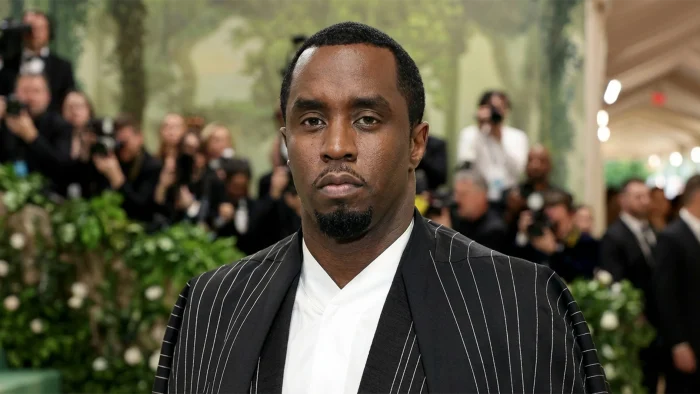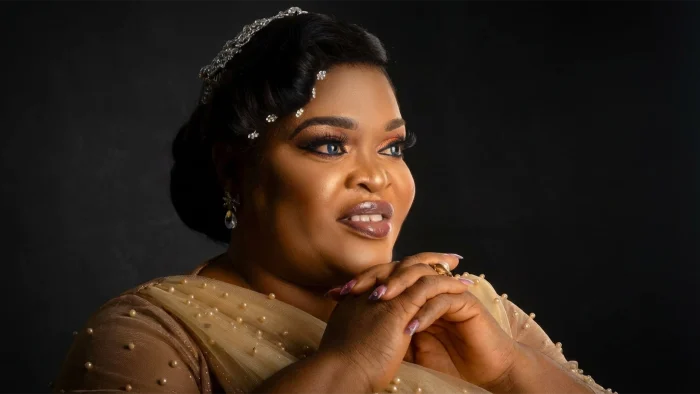
For two days next week (March 25 and March 27), global filmic attention will shift to Enugu, capital of Enugu State, South East Nigeria, for the 2022 edition of the Coal City Film Festival (CCFF). Now in its second edition, CCFF was founded by the young, hardworking and dynamic filmmaker, Uche Agbo, to highlight the critical role of Film Festivals in Film business chain in Nigeria.
Director of the one cast movie, So far Away, starring Segun Arinze and an ardent proponent of building growth structures for the Nigerian motion picture industry, including building regional economies that will contribute to national economy, Agbo who is current National Secretary of the Director’s Guild of Nigeria (DGN) has always maintained that CCFF is his contribution to Nation building.
“It is my modest contribution to nation building,’’ he offered adding, “So, Coal City Film Festival is a sort of my contribution to the tourist and hospitality development of Enugu State and by extension South East. You can’t write the history of the modern Nigeria Film industry, otherwise known as Nollywood, without mentioning Enugu. So, what other ways can we appreciate a state that contributed immensely to providing locations and entertaining some of the foremost filmmakers and actors in Nollywood, than to gather these successful filmmakers and actors once a year in that city and celebrate the growth of African and world cinema.”
[ad]
Moviedom caught up with the filmmaker who is already on ground in Enugu as the lead visioner in the effort to open the doors of South East Nigeria to the rest of the world through film.
Expectation for the 2022 Edition
When we look back our first edition, all we see are beautiful memories. Our goal has always been to create an experience people can cherish as we hope to achieve our mission of becoming first choice film festival destination in Africa one day. So, in first edition, we had almost three hundred films submitted, from which about sixty-two were scheduled to screen in the three days event. And for a first time film festival, it wasn’t a mean feat. We had the Executive Director of Nigeria Film and Video Censors Board (NFVCB) declare the festival open. This is both significant and re-assuring for us, to have attracted such a government agency amongst other notable filmmakers and actors that were in attendance. This second edition would be even better and more fun.
So my key expectation is to actually create an experience that all the attendees will never forget and this will be a blend of local contents and global best practices. So, aside workshops, master classes, film screenings, panel discussions and award/gala night, we will also have city tour and the new introductions, palm wine and bush meat roundtable, where attendees are expected to be served local delicacies with local ogene music entertaining them at the cool of the evening and of course celebrating industry legends by adopting them into CCFF HALL OF FAME.
Combining Directing, Producing and Festival Management
I like to see myself more like an entrepreneur, who sees a problem, a gap, and wish to create solutions to bridge it. This will always have me venture into new areas, in my quest to creating solutions. I always seek for new challenges, new beginnings, and new experiences. I like to multi-task and I pride myself as a great man-manager. This helps me a lot, because most of what I do is anchored on the team I work with. A lot of the films I produce and direct go seamless, because over time, my team have understood my priorities and they help me a lot in ensuring my vision is achieved, be it filmmaking or festival management.
Again, the three arts you mentioned are all inter-related, and being a key stakeholder, writer/producer/director, make it a lot easier to gather industry support for the festival. So, I would say, it’s thrilling when I have to move from set to festival meetings and straight back to set.
[ad]
Structure to Sustain CCFF
In Nigeria and maybe Africa as a whole, we seem to have problems with partnerships and collaborations. However, collaboration is the future. Even the bible says, ‘one shall chase one thousand, and two shall chase ten thousand.’ Owning to this principle, immediately the festival was conceived and registered, I constituted both management board and now we have advisory board. The whole essence is to build brand that will outlive me and be self-sustaining.
We have our five-year goal plans and ten years goal plans. I may not share those details for now, but the festival is deigned to be able to self-survive. Granted, that in the first five years, as the founder I will be driving most of the ideas and management decisions, but not forever. The board has both operational and marketing structure and with time, we will unbundle the entire package. I can guarantee that the focus will soon start shifting from me, and focusing more on the brand. This is my greatest desire.
The Filmmaker Uche Agbo
Uche Agbo was born in a thatched house in a small village-Umualor in Enugu State. I left home early at about ten years. I lived in Obosi in Anambra for nearly twelve years, and in those years, I was mass server in the Catholic Church and that endeared me to priests. I made several attempts to become a priest, but I didn’t tow the path till the end.
I eventually studied Theatre Arts at Nnamdi Azikiwe University, Awka after trying for four years to read law, Public Administration and Political Science at different attempts. Despite trying to secure admission in these courses, I knew at the back of mind that I want to practice theatre and/or filmmaking. I knew I was cut out for theatre arts.
As little as five years old, I was already playing lead roles in Block Rosary drama. Through my primary school and secondary, I was called “Osuofia” because of my near perfect depiction and mimicking of Nkem Owoh drunkard role in the movie Ikuku. So, art has always been a big part of me and I needed that singular nudge towards the right direction and my admission to study theatre arts did it for me.
Just after my NYSC, I returned to the same institution to obtain masters in Theatre and Film Studies. One of the key reasons why I felt like I was made for filmmaking career is, because it gave me a voice to be able to make a point and have millions of people across the world hear me loud and clear.
[ad]
Industry Support For CCFF
A section of the industry has been very supportive, especially those that operate within guilds and associations. I guess my position as the National Secretary of Directors’ Guild of Nigeria (DGN) position, my Association of Film Producers (AMP) membership, and Screenwriters Guild of Nigeria (SWGN) and Actors Guild of Nigeria (AGN) memberships gave me huge advantage to have access to a lot of industry stakeholders and some have been very helpful.
We haven’t received much corporate support so far, partly because it is still a nascent film festival, so some of them are still watching to see our sustainability plans. However, I must commend a few who have come in already and have given us their full backings.
On the part of the state government, we have not received anything yet. Aside some individuals that work for the government, that have encouraged us with words of mouth, nothing tangible from the state government yet. We have sent letters again this year, through the Commissioner of Culture and Tourism and the Senior Special Assistant on Culture and Tourism to the governor of the state. We are still appealing and hoping that they will come to the realisation of the impact of a film festival to a city like ours. I am optimistic that the government will find this appeal important enough to cue in.
[ad]








